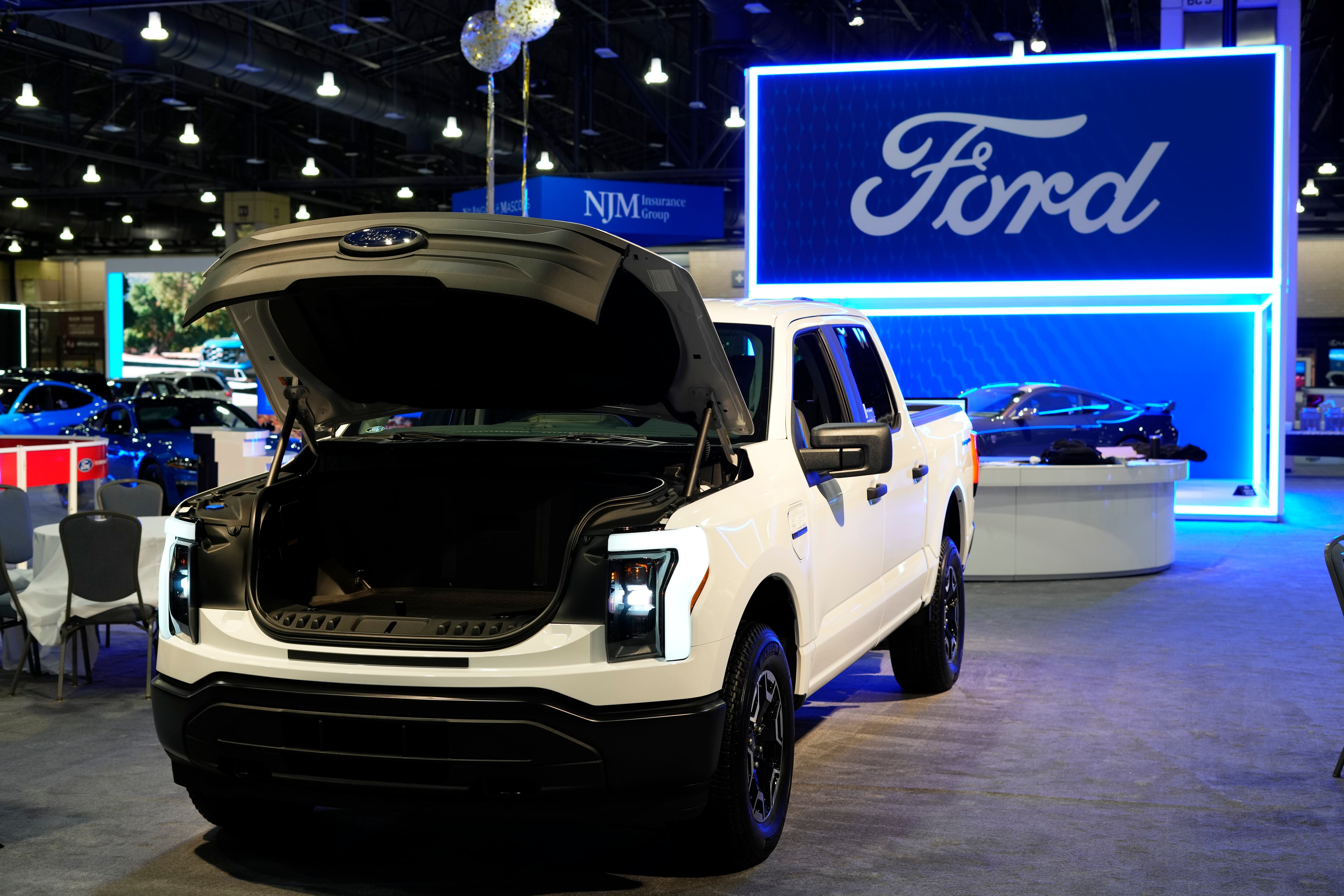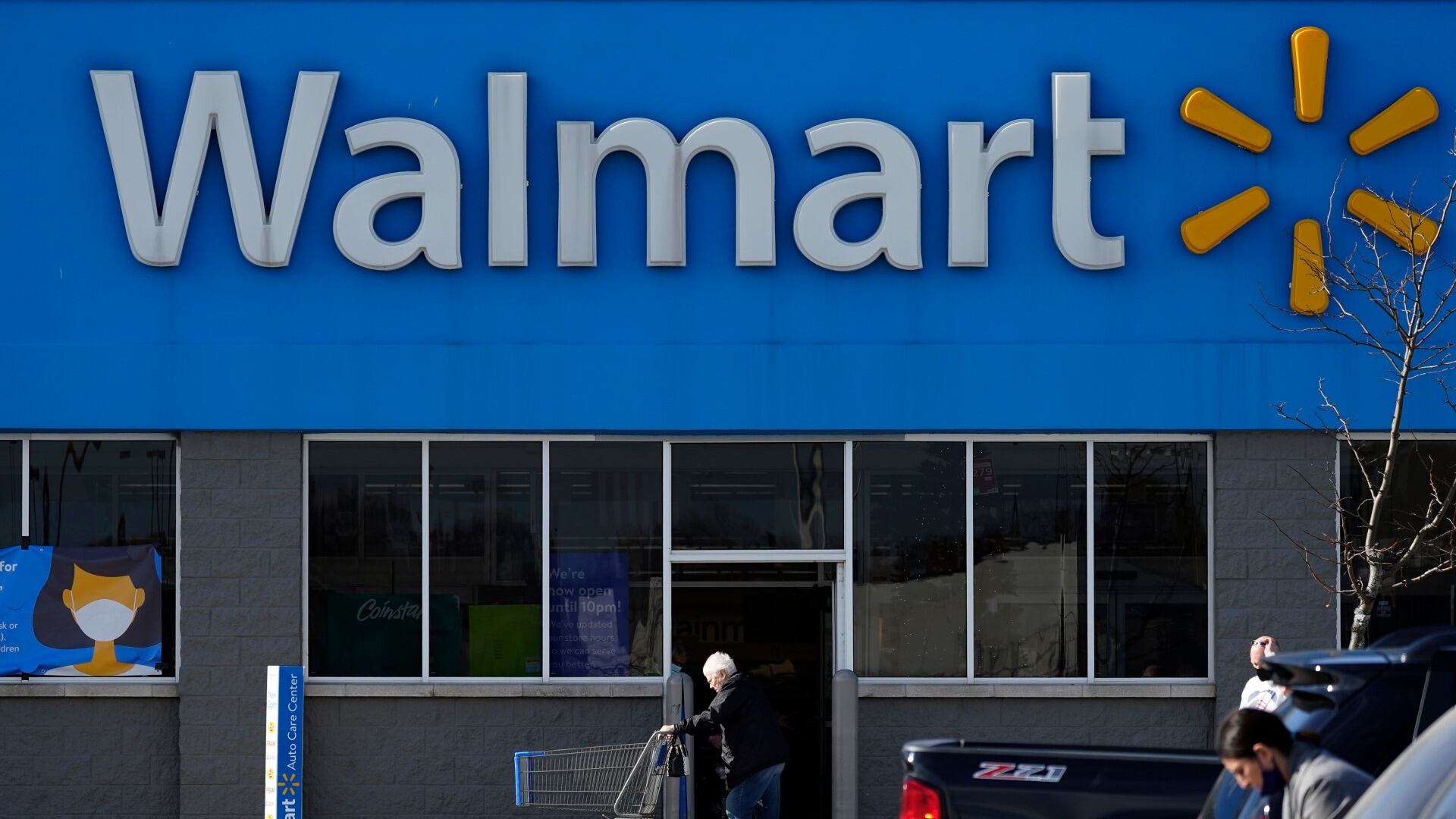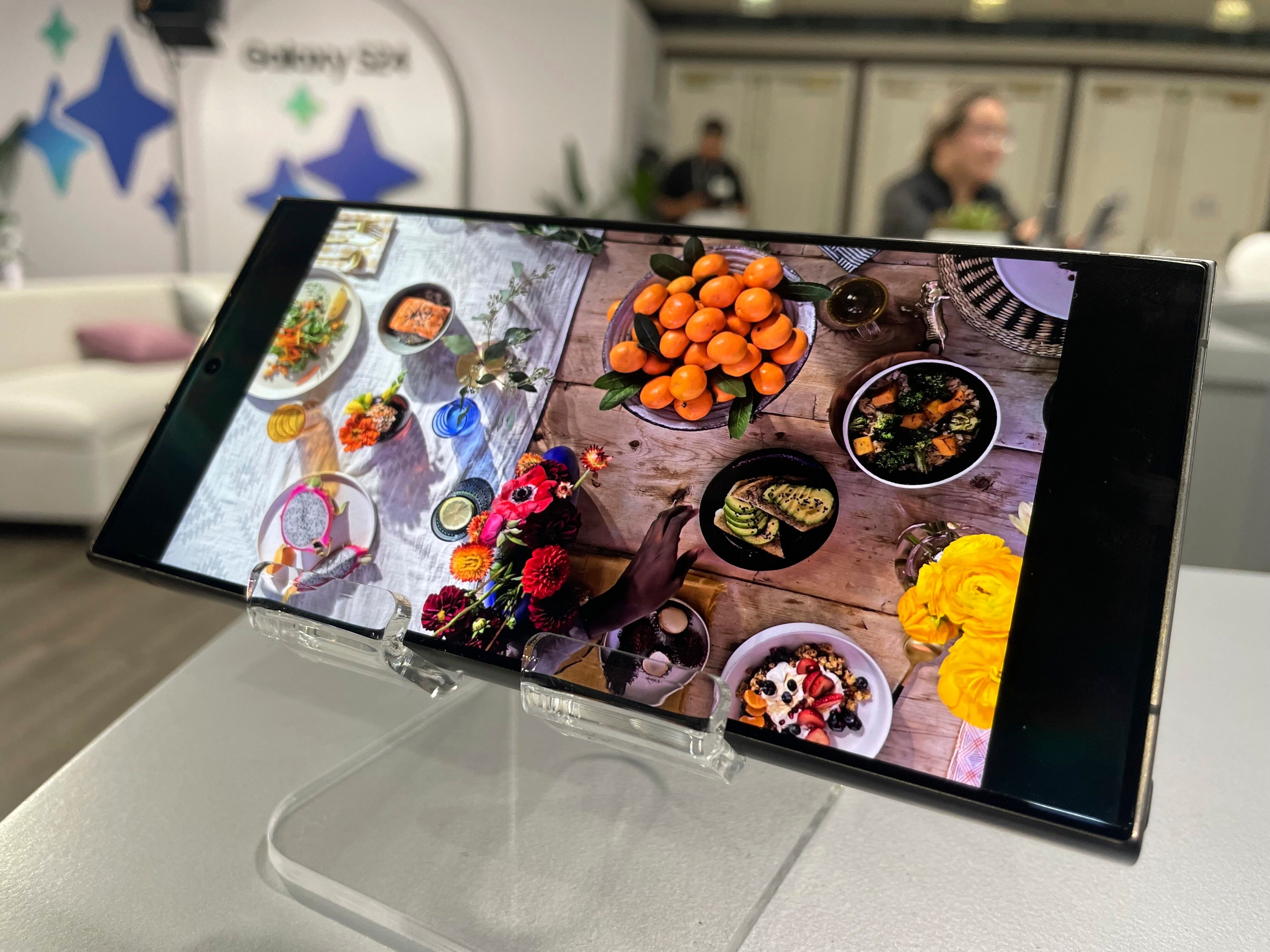The Oakland-based fintech start-up Marqeta has closed a $260 million in Series E funding to fuel its global expansion — and move further into consumer credit.
"There's credit in the U.S., and there's credit around the world," Jason Gardner, Marqeta's CEO, told Cheddar in an interview Monday. "We're seeing credit increase throughout Europe, and it's a new phenomenon within pretty much all of Asia. As we begin to grow and globalization begins to take hold further the ability to use credit is going to become more and more important."
Asia dominates the global payments revenue pool, according to an October report by McKinsey, but consumer and commercial credit cards drive just 6 percent and 2 percent of it respectively, compared to 35 percent and 11 percent in North America.
Ant Financial's Alipay, a customer of Marqeta, and Tencent-owned WeChat Pay handle 93 percent of all mobile transactions in China, which in 2017 totaled $15.4 trillion. Mobile payments in the U.S. are projected to reach $282 billion by 2021.
And in Europe, challenger banks (i.e., digital-first or digital-only bank startups) have gained traction over the past few years with Atom Bank, Tandem Bank, Monzo, Starling Bank, Revolut, and N26 raising $1 billion in funding collectively.
Marqeta may not be a household name, but it provides the platform behind companies that are, including Square and Affirm. (It issues Square Cash App users' debit cards and provides the virtual credit cards for Affirm users.)
"Modern card-issuing, the core of our business, has taken off like a rocket," Gardner said. "It's undeniable that people are using less cash. The ability to leverage merchants online and offline, especially ones that are taking cards, is a great opportunity for us, and this new money will allow us to position ourselves to take advantage of it."
The global market for card-issuing volume is more than $45 trillion, according to research by Edgar, Dunn & Company.
Marqeta also has a "just-in-time funding" business that allows contracts of on-demand companies like DoorDash or Instacart to pay for the things they buy on behalf of users instead of carrying prepaid cards; Marqeta funds the exact amount of the transaction at the exact time the card is swiped.
Travel, in addition to e-commerce and virtual cards, is a priority market for Marqeta in the U.S. and globally, Gardner said.
Gardner added that Marqeta's competitors — legacy financial firms like First Data, TSYS, and Fiserv — mostly sell to banks, which are ultimately after the same customers as Marqeta. Marqeta, however, has always positioned its platform as a developer-friendly product designed for on-demand service companies and alternative lenders. As more digital-first businesses are born and existing businesses become more digital and more global, Marqeta could challenge the world's two largest payments giants.
"Visa and Mastercard are really the only networks that have interconnected every single merchant on the globe that takes cards online or offline," Gardner said.
Coatue Management led the recent fundraise, first reported by TechCrunch. Spark Capital, Lone Pine, Geodesic, and Vitruvian also participated, as well as existing investors Visa, ICONIQ, Goldman Sachs, 83North, Granite Ventures, CommerzVentures, and CreditEase.
The raise brings Marqeta's valuation to nearly $2 billion. Marqeta had raised $45 million in June 2018 at a $545 million valuation.













